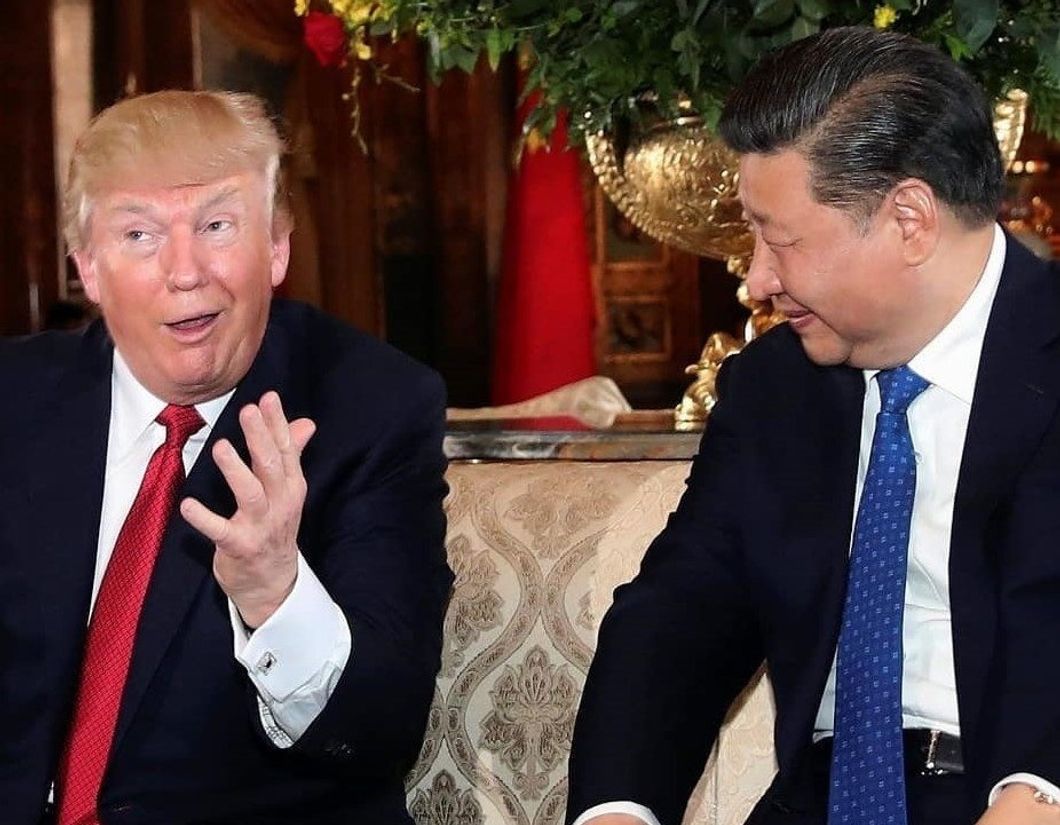Whenever I tell people I am studying economics, they always respond with something along the lines of 'I sure do hope you can fix this economy' - which is the more optimistic version of 'so you think you can fix this economy.' But contrary to popular belief, my choice of studying economics has nothing to do with fixing the economy. 'The economy' - as people like to refer to the greater force that prevents them from having everything they desire monetarily - is actually an intricate system composed by all parties of society. So if people want the economy to be fixed, then all of society is going to have to do their part to get it done. I am incapable and unwilling to fix it all on my own.
Occasionally, I will have a rare gem of a person ask me why I study economics. I normally dive into an eager answer, only to have the person's face always express absolute confusion. You would think it's because I have gone on this long tangent filled with jargon, but quite the contrary I keep it simple. I tell them I study economics so I can help improve education and family stability. To which I receive my all-time least favorite question 'so you aren't going to become an economist.'
No dear, I am not going to sit in an office in the White House, counsel the president and claim to have the solution to everyone's problems - if that is what you are referring to. Neither am I going to work with a big corporate bank and plan how to make embezzlement legal. I am not saying that banks embezzle. What I am saying is that the stereotypes people have created around economists are wrong - as most stereotypes are wrong.
So to clear the air of such erroneous patterns of thinking, I am going to explain the beauty of economics.
If I were to give the simplest definition of economics it would be that economics is learning to make the best choice. That's it. That's why economics is so great because it's straightforward and applicable to everything in life. You're a business, you use economics to make the best investments. You're a government, you choose how to best help your nation. You're a mom, you choose how to best raise your children. You're a writer, you choose the best word choice. You're a teacher, you choose how to best teach your class. So on and so forth, the list goes on and on.
Every time you make a choice you are practicing economics. Whether you are practicing it correctly depends on whether you are correctly making the best choice. It for this reason that when you study economics at a university, you have to learn theories that all relate to how you make choices. And believe me, there are a lot of theories to remember. In addition to learning these theories, you then have to learn to apply them in a variety of situations. That is why you can take classes titled: Economics of the Public Sector, Economics of Education, Economics of Health, Economics of Labor, Economics of Gender, Economics of Sports and so on. Don't believe me, the University of Virginia has an entire list of economics classes they offer. You can verify for yourself if I am telling the truth.
What it boils down to is that good economics is all about taking the time to be an effective critical thinker. If you are presented with a problem, take the time to think through all your options and then make the best choice. In a sense, if everyone were to do this, then we would all be economists. I am a strong proponent of encouraging people to think with their head, hence why I love economics.
So why do I study economics you ask, it's so that I can help people make the best choices in their education and in establishing stability in their families. You mix in a bit of math, some theories, and a whole lot of hours dedicated to research, and you've got yourself an economics degree.
'So you are going to become an economist?' Yes, my friend, I am and you can too.



















